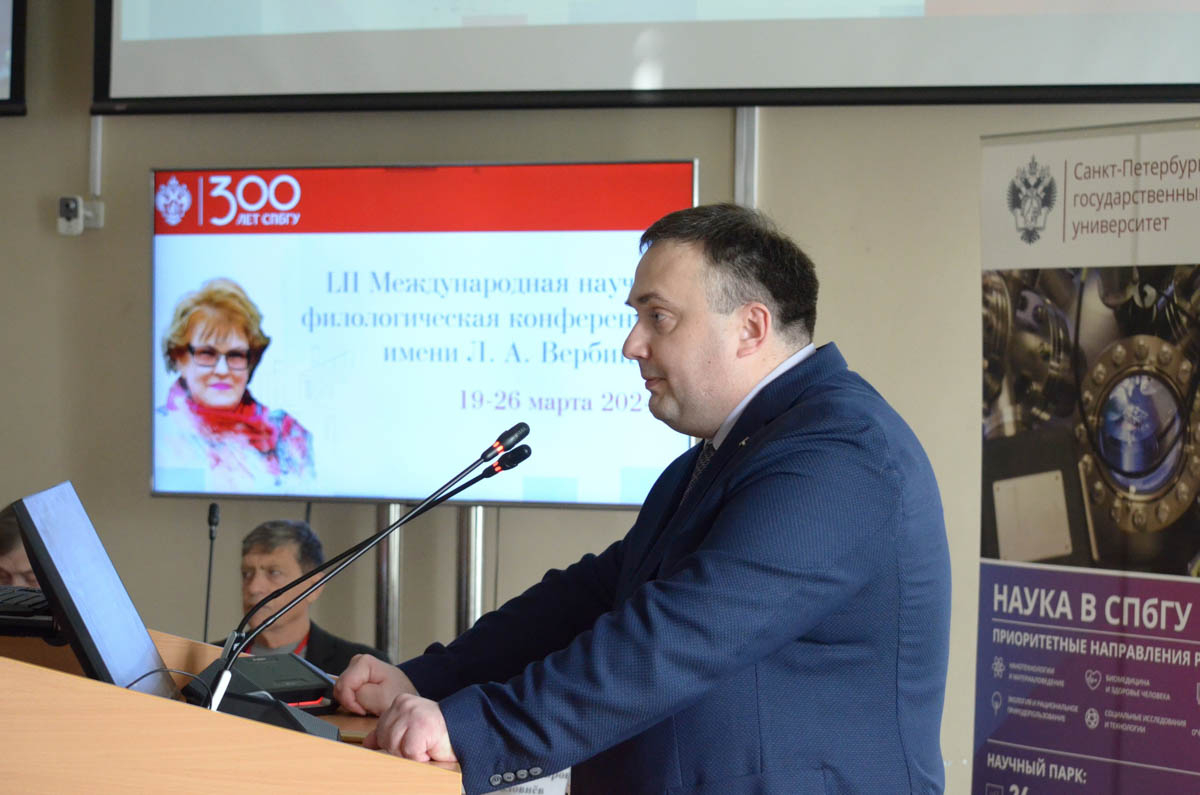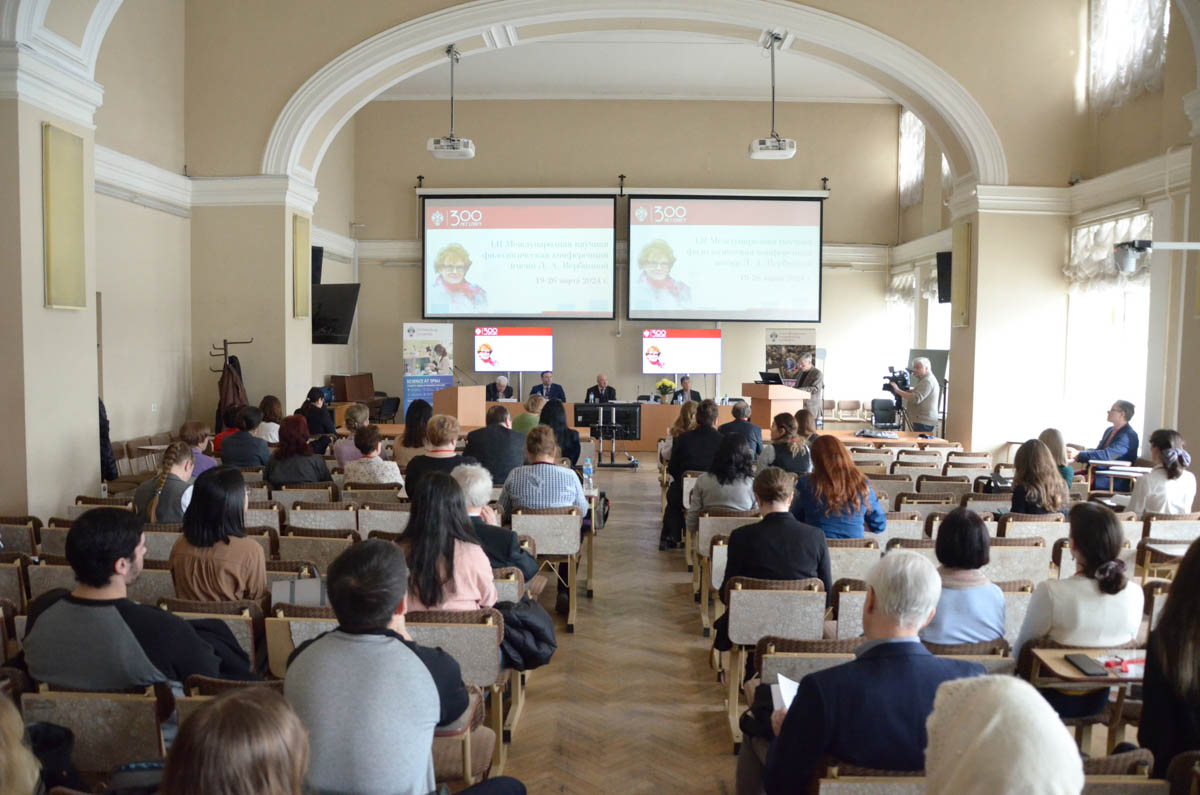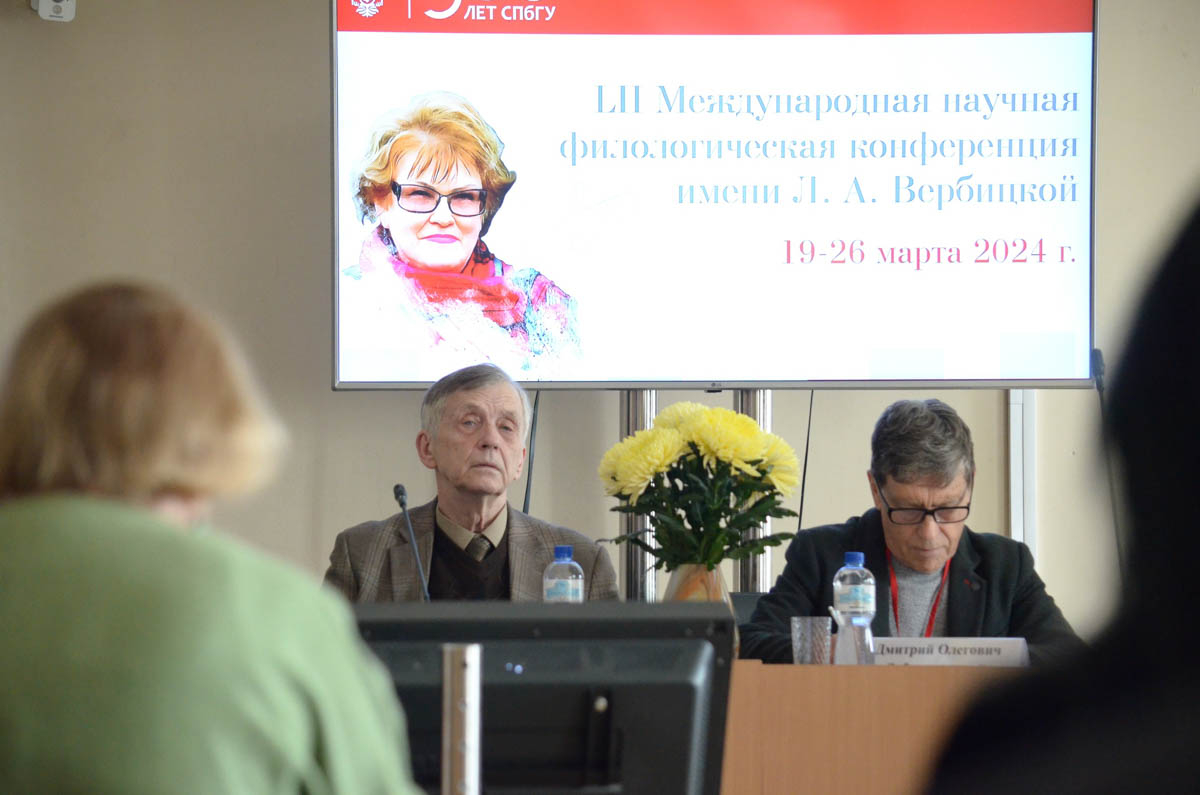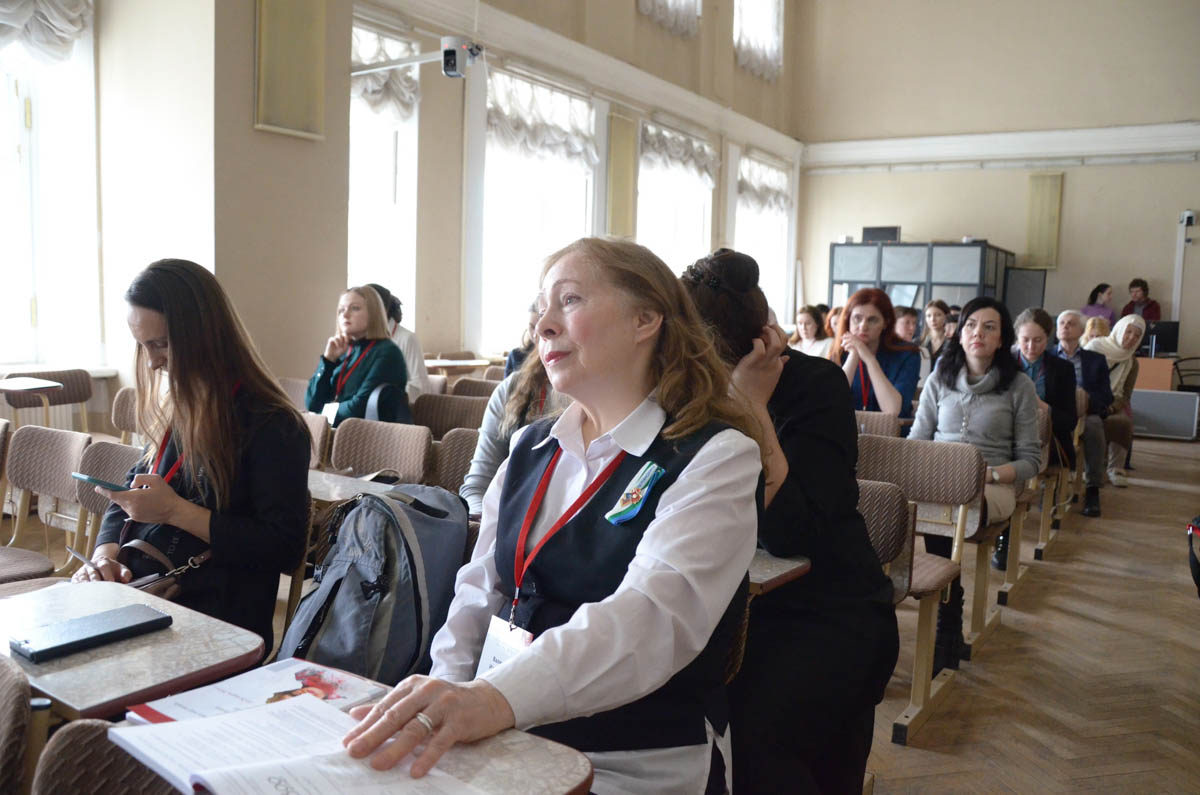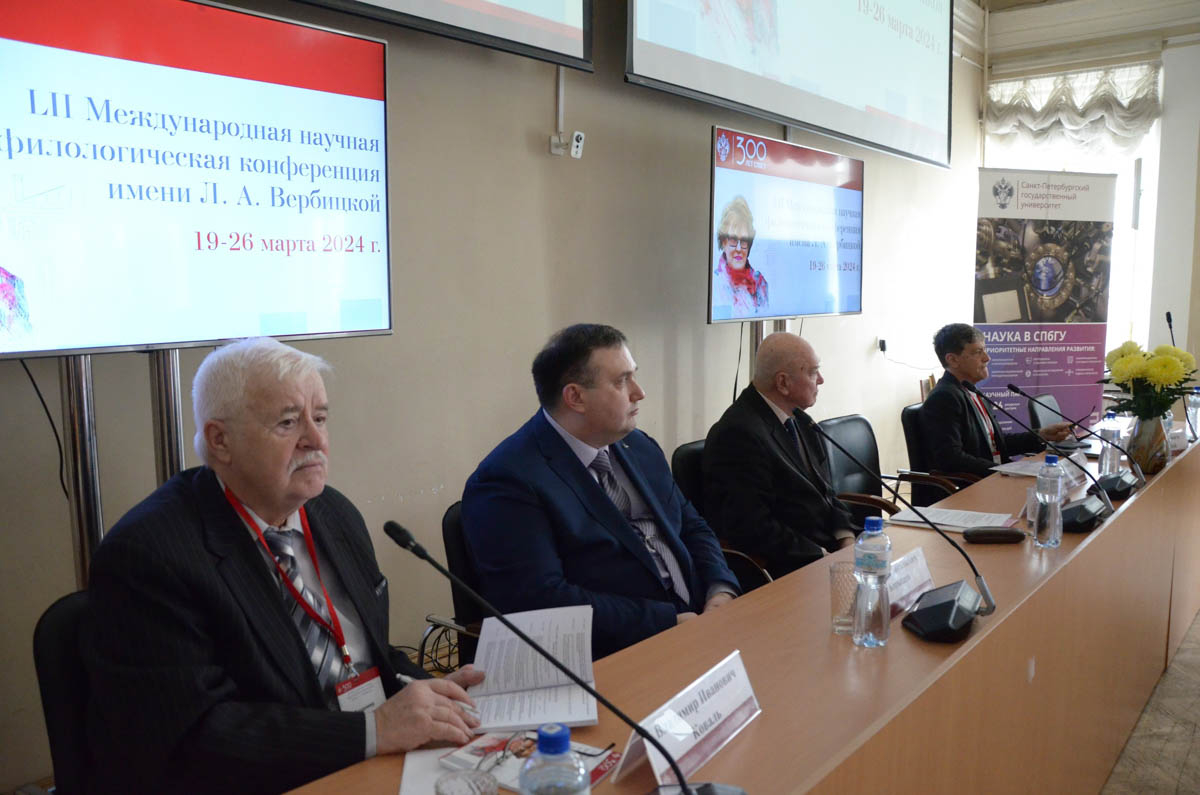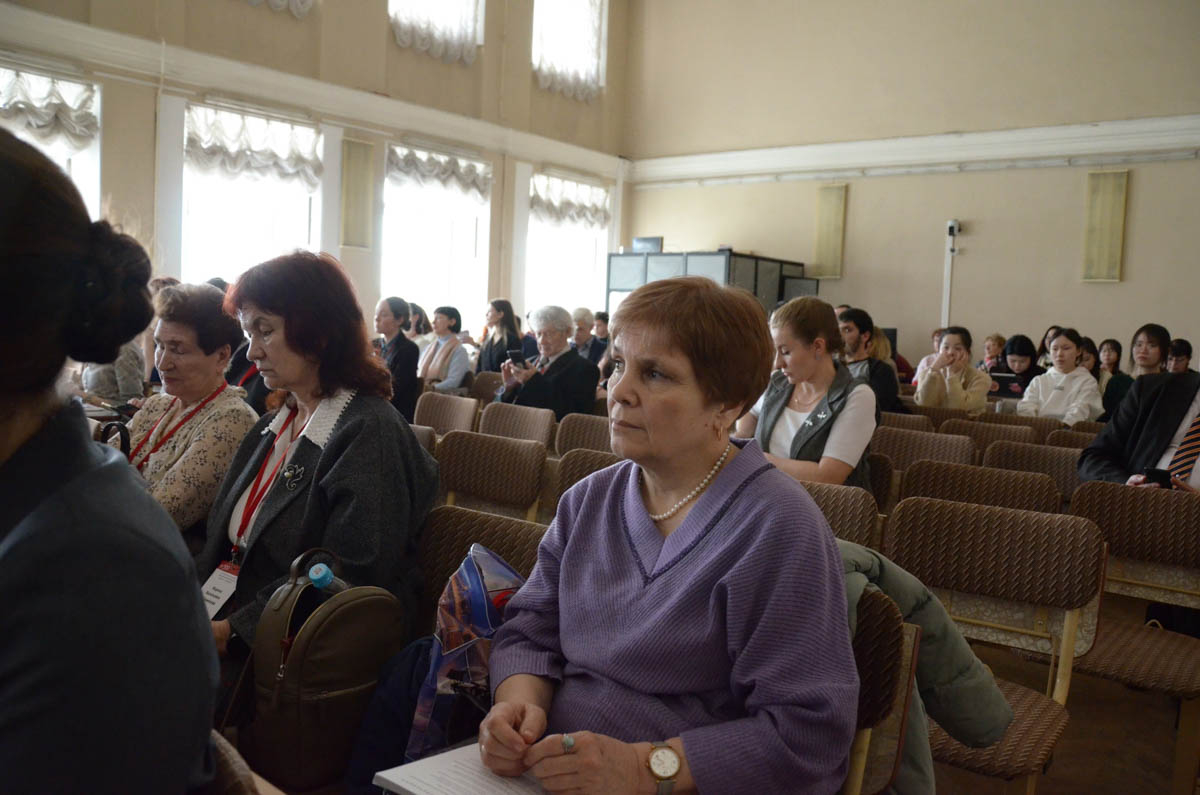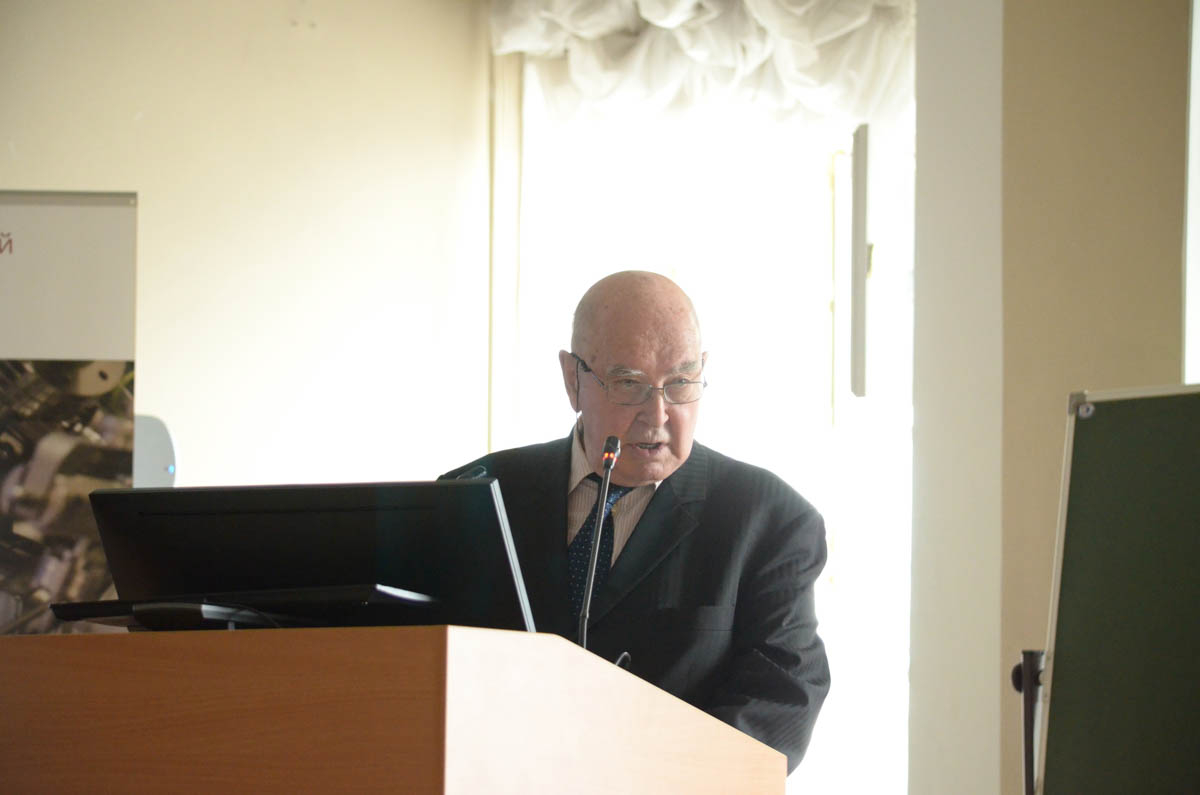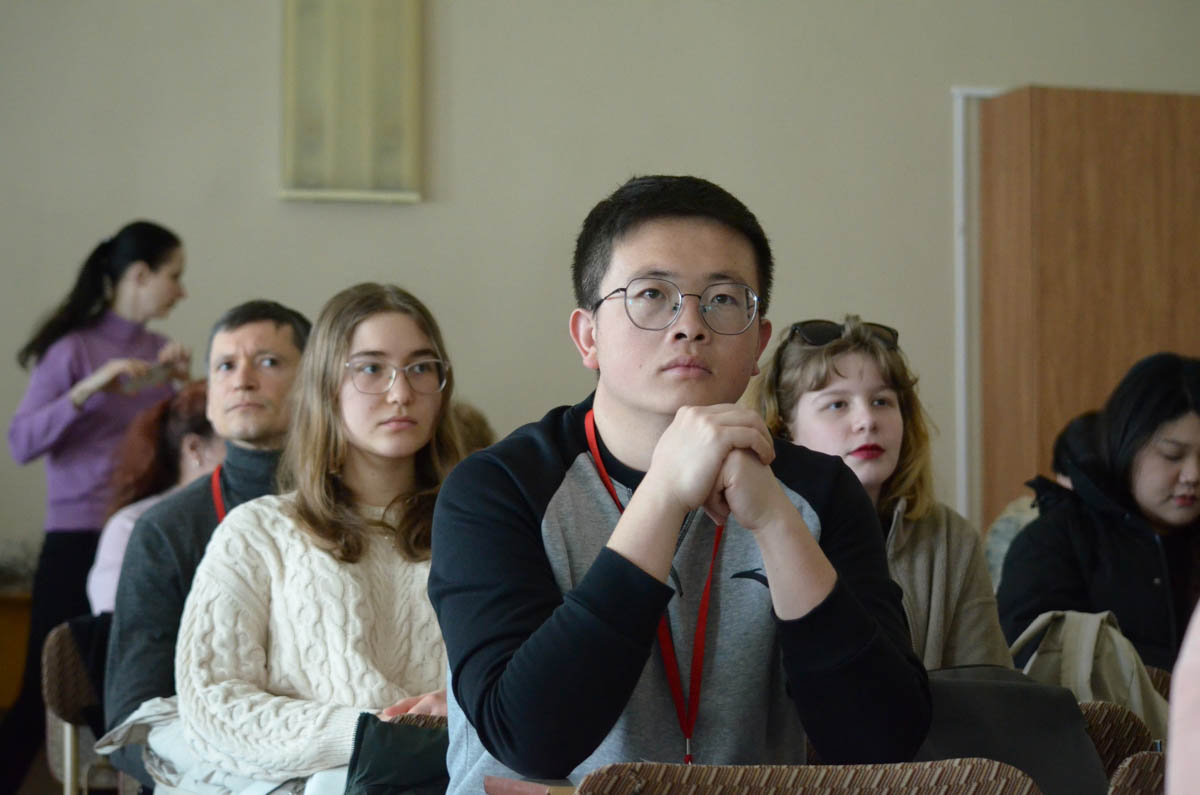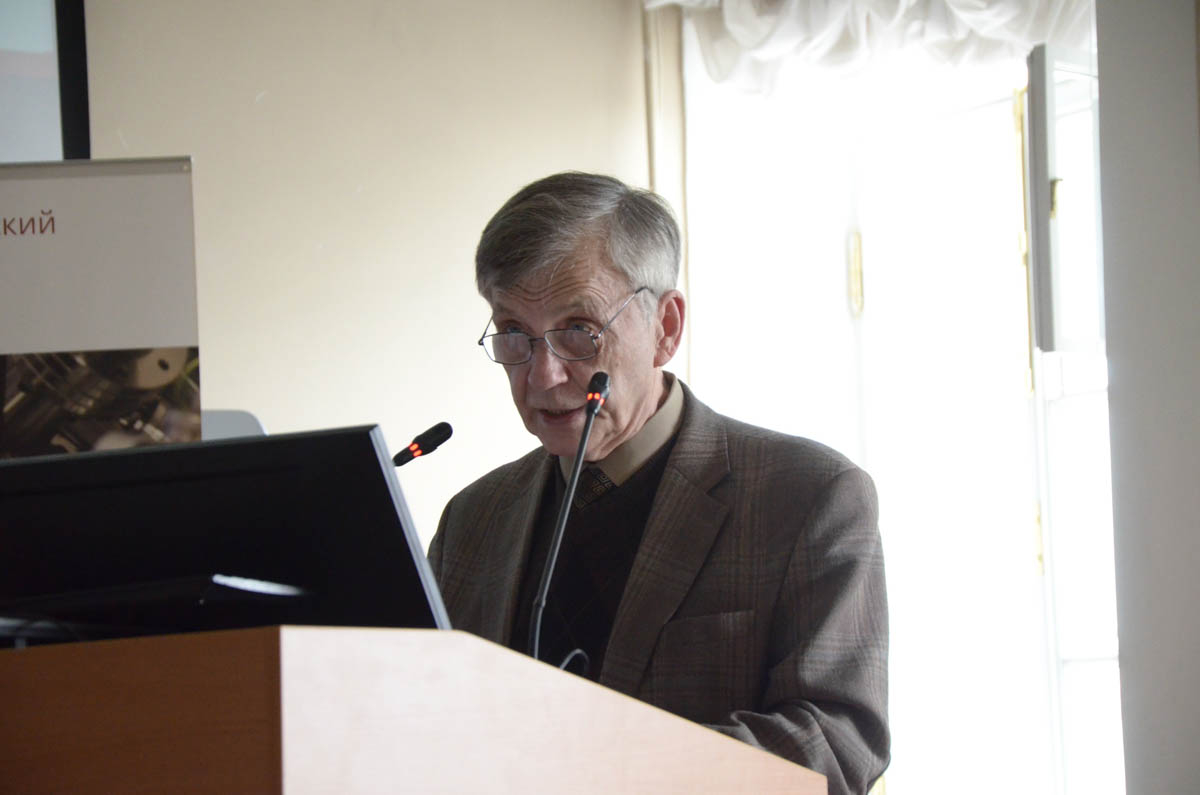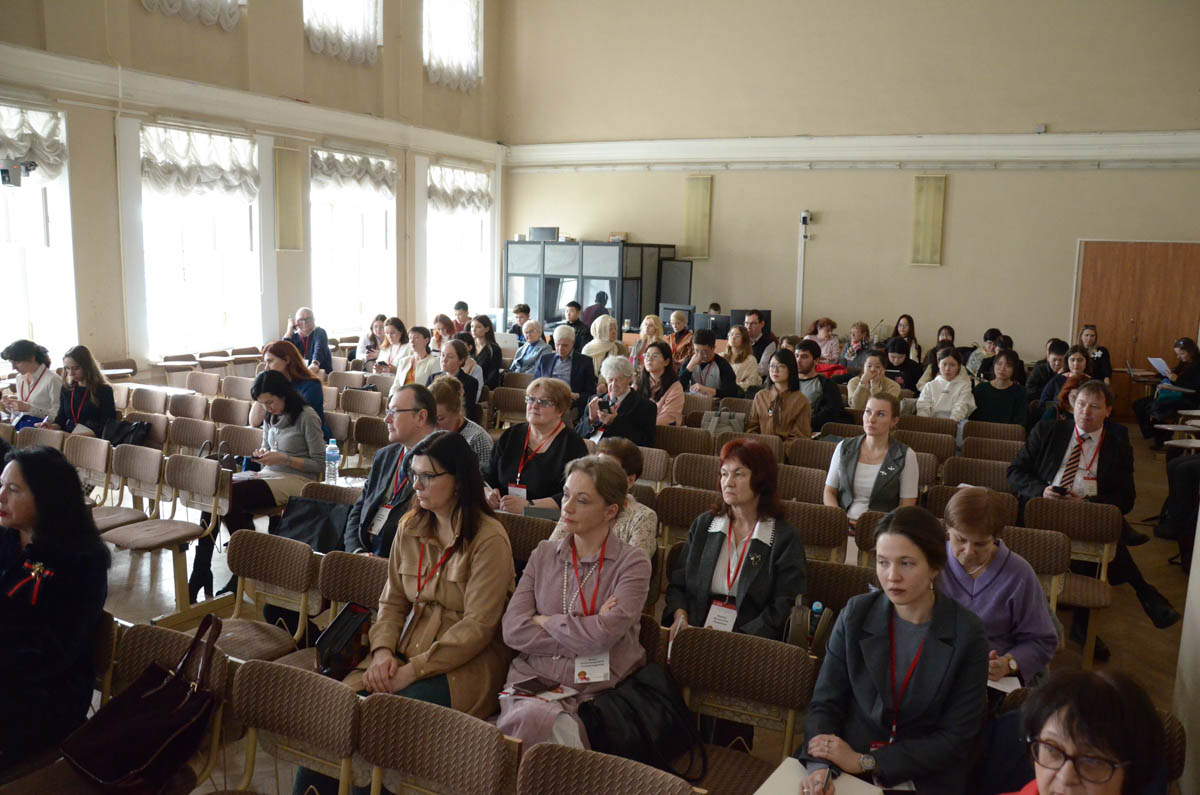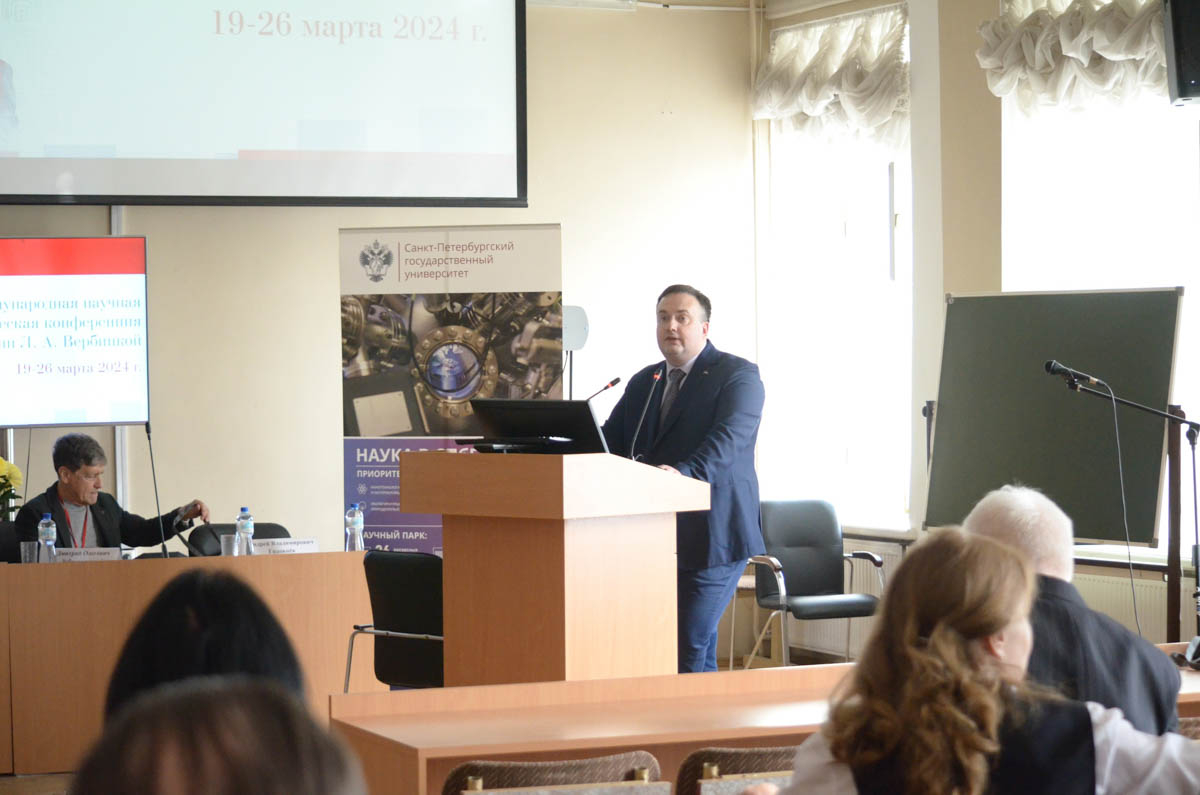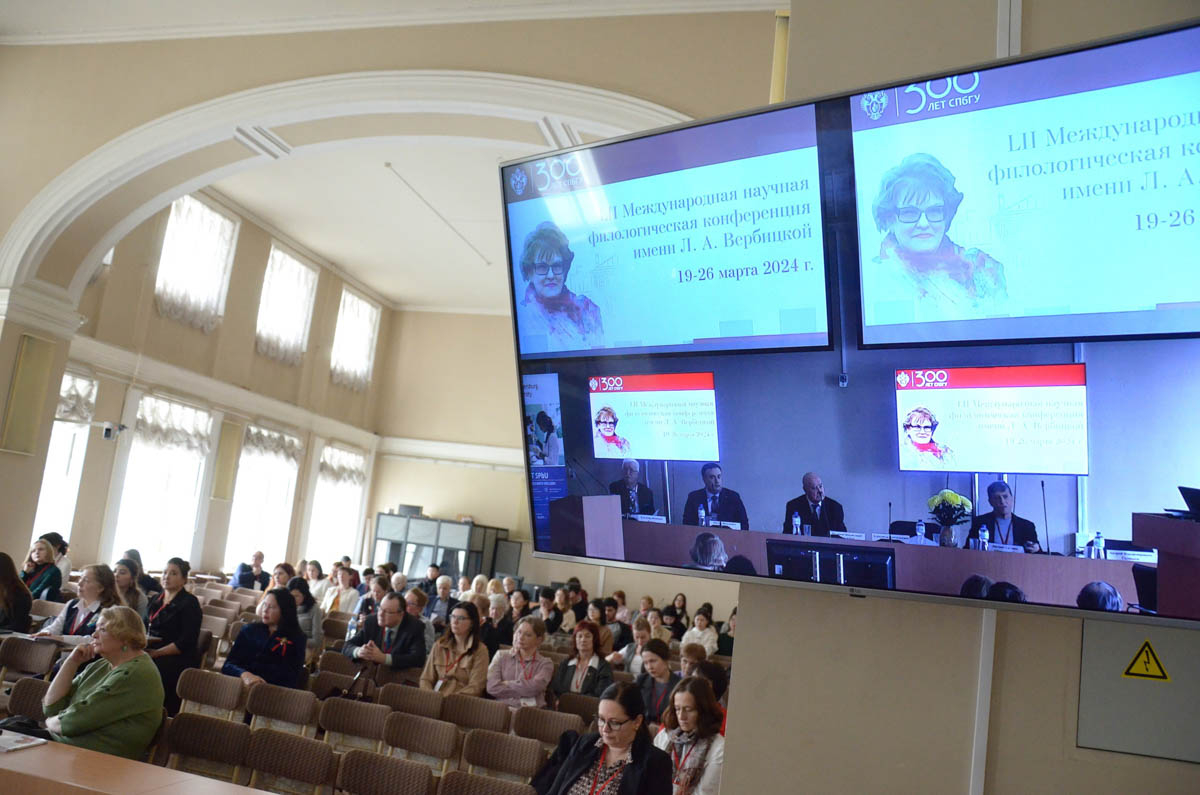Love of language, literature and people: SPbU hosted a scientific philological conference named after Lyudmila Verbitskaya
The LII Ludmila Verbitskaya International Scientific Philological Conference attracted a record number of participants — 1188 philologists from Russia, Belarus, Moldova, Serbia, Bulgaria, Hungary, Spain, China and Sri Lanka. During the conference sessions, specialists discussed a wide range of issues related to linguistics, literary studies, language teaching methods and interdisciplinary research.
The conference was opened by Mikhail Koryshev, Dean of the SPbU Faculty of Philology, Head of the German Language Department, Associate Professor. He noted that the event fully reflects the contemporary cultural changes in the society.
Language is a living organism, constantly changing and influencing our reality. All these changes require immediate study and the incorporation of the new scientific knowledge into the educational process. That is why it is important to bring together all the great minds in one place every year to discuss the latest developments and to make forward-looking research plans using new technologies.
Mikhail Koryshev, Dean of the SPbU Faculty of Philology, Head of the German Language Department, Associate Professor
In his speech, Professor Valery Mokienko from the Department of Slavic Philology reminded us that this year’s conference coincided with the 300th anniversary of the University. This date is known, among others, thanks to the first rector-philologist of the SPbU, Professor Lyudmila Alekseevna Verbitskaya (1936-2019). It was she who initiated the search for archival documents, thanks to which our University was confirmed as the oldest.
Our Faculty of Philology is therefore, by right, the oldest. Many outstanding philologists worked here: Lev Shcherba, Vladimir Kolesov, Vladimir Propp and many others. Today, students and researchers continue to follow the academic path, carrying with them the love of language, literature and people that philologists of the past put into their research. We’re delighted that this conference brings together so many of our colleagues from around the world.
Valery Mokienko, Professor at the SPbU Department of Slavic Philology
Lyubov Klobukova, Professor of the Pushkin State Russian Language Institute and Corresponding Member of the Russian Academy of Sciences, spoke about Lyudmila Verbitskaya as an organiser of scientific interaction between Russian language researchers in Russia and abroad. She noted that we can place Lyudmila Verbitskaya’s name in the small circle of great scholars who have made an invaluable contribution to the processes of positioning the Russian language on the world stage — Mikhail Lomonosov, Viktor Vinogradov and Vitaly Kostomarov.
"It is impossible not to recognise her achievements in the professional coordination of the scientific and methodological activities of Russians in the 21st century, — said Lyubov Klobukova. — And we should do justice to the great legacy that Ludmila Alekseevna has left us and do our best to preserve the world of the Russian word, which was so dear to her."
Lyudmila Alekseevna is the creator of the project «Let’s talk like Petersburgers», which was analysed from the point of view of social indexicality by Valeria Chernyavskaya, Professor of the Graduate School of Linguistics and Pedagogy at Peter the Great St Petersburg Polytechnic University. The St Petersburg theme was continued by Professor Andrey Golovnev, Director of the Peter the Great Museum of Anthropology and Ethnography (the Kunstkamera) of the Russian Academy of Sciences, in his report The Northern Capital and the Northern Identity of Russia in the 18th Century St Petersburg.
This year’s conference is also dedicated to the 225th anniversary of the birth of Alexander Pushkin. Professor Alexander Karpov (SPbU Department of History of Russian Literature) gave a presentation on the reflection of Pushkin’s work in the literature of his time. Professor Dmitry Chernoglazov of the Verbitskaya Department of General Linguistics at SPbU discussed the characteristics of letters of recommendation in early Byzantium.
The programme included sessions for 47 sections in 11 areas, as well as round tables and master classes.
Plenary reports were also presented by colleagues from other scientific institutions. Vasily Suprun, a professor at the Volgograd State Social-Pedagogical University, read a report on Slavic colouronyms and their reflection in Slavic linguistic culture. Several speakers discussed the use of idiomatic language. Dmitry Dobrovolsky, a Professor at Stockholm University and Senior Researcher at the Russian Language Institute of the Russian Academy of Sciences and the Institute of Linguistics of the Russian Academy of Sciences, examined the factors of syntactic and discursive freedom in the grammar of idioms. The report on neologism formation in the Russian language was prepared by Vladimir Koval, a professor at the Francisk Skorina Gomel State University.
Furthermore, philologists have also examined linguistic aspects related to social issues. Svetlana Ter-Minasova, an Emeritus Professor at Lomonosov Moscow State University, discussed the traditions of foreign language education in Russia. Evgeny Golovko, the Head of Research at the Institute for Linguistic Studies of the Russian Academy of Sciences and a Professor at the European University at Saint Petersburg, examined the scientific value of information on native languages collected in population censuses.


